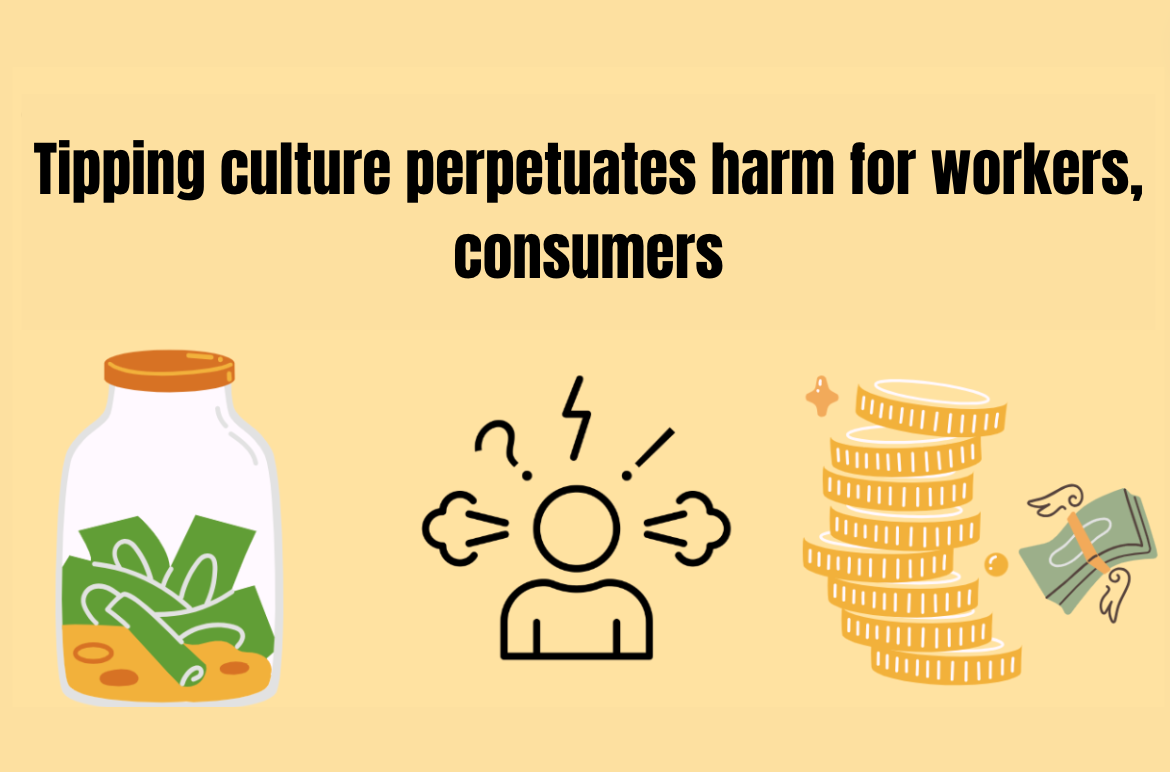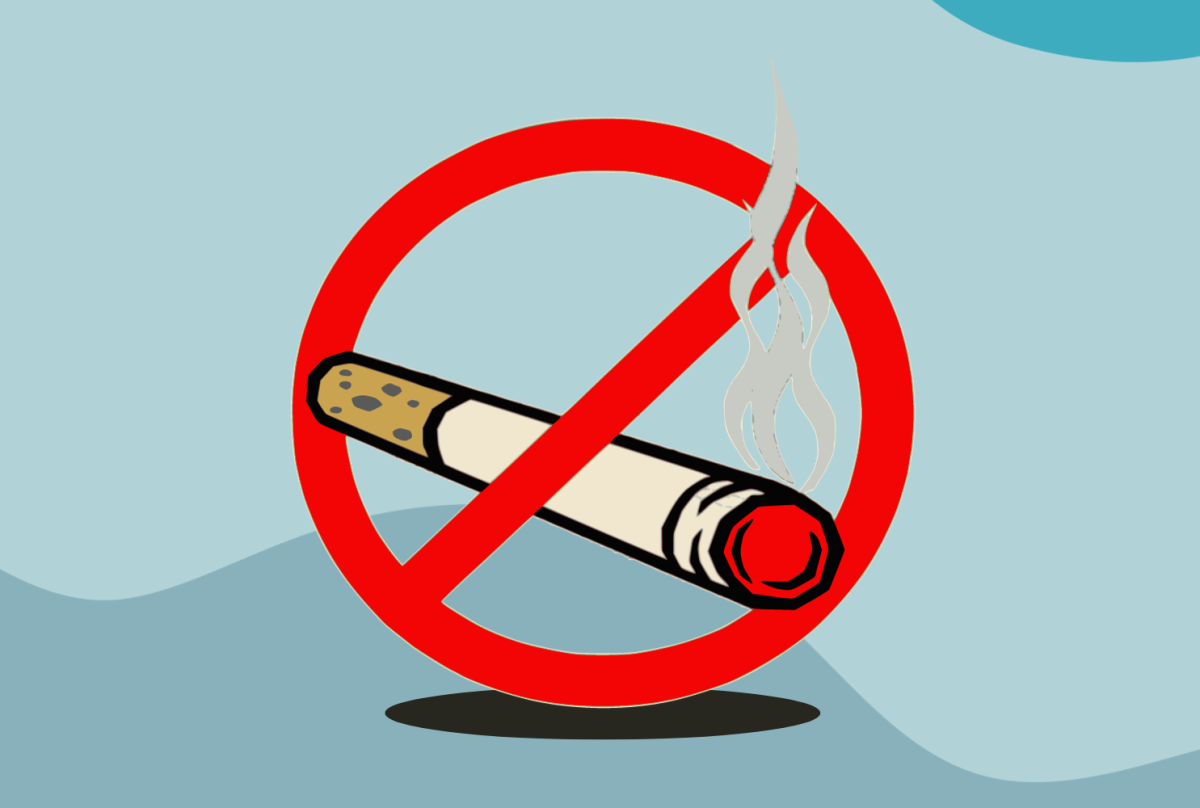Charles de Montesquieu was a French Enlightenment thinker who coined one of the most tremendous theories on the human condition: Humans are innately and obstinately evil.
“Men,” he said, “should be bewailed at their birth, and not their death.”
To the optimistic mind, the idea that men can only create chaos and trouble is pessimistic, irrealistic. How can we have come so far if the human is just a gyre of evil, corruption, and self-interest?
To the realistic mind, the idea is somewhat true: Individuals, and not entire societies, though most often those who find themselves at the upper echelons of governments, are the few afflicted by Montesquieu’s curse. They are found around the world, in different realms of work, of varying ethnicities and groupings, and they have caused the strife of thousands, perhaps millions who come under their influence. It does not take a cynic to read the news and understand that this idea, though centuries old, is as prevalent today as it was yesterday, and as it will be tomorrow.
• • •
Amaturing nation, South Sudan, gained its independence from Sudan in 2011 after a peaceful referendum. The vote of the residents and expatriates of the landlocked region in the middle of Africa for independence was of 98.83 percent – a near universal approval. Today, the government finds itself officially at war in 9 of its 10 sectors against tribal groups, terrorist groups, and other armed organizations.
It was a beacon of hope on July 9, 2011, and yet it became a cesspool of bloodshed on December 14, 2013, when the Sudan People’s Liberation Army orchestrated an unsuccessful coup that degenerated into a civil war. About 10,000 are dead, 70 times that number find themselves without home, without safety, without refuge.
The conflict is a result of two: Ethnic infighting between the Nuer and the Dinka, and political insurgency against President Salva Kiir Mayardit’s reconstruction of the South Sudanese government.
In late 2012, the president heard wind of a coup and thus he consolidated his state with his own appointees – something very similar to the patronage system of Gilded Age America, where the political party of the victorious presidential candidate would fall upon Washington replacing any official that didn’t belong to the said party. Mutiny was something he would not tolerate: New chiefs of staff in the government, new generals in the army, new commissioners in the police force – the nation became his by the untold power of patronage.
And war continues because a man won’t relinquish his presidential powers; powers he has yet to wield for the progress of the nation as a whole. Civilians are rounded up and killed, the police dole out a justice that is biased to the government, and the lines between right and wrong are not even blurred, but rather non-existent.
“There is no crueler tyranny than that which is perpetuated under the shield of law and in the name of justice,”
Montesquieu said. President Kiir, who will agree to no peace without his remaining in power, is this very justice.
There comes a time when a human must understand that his stay is outdone, his ideas obsolete, and his presence detrimental. There comes a time when that same human’s inner capacities will be tested: Will they be selfish, corrupted and keep power out of self-interest or perhaps a delusional vision, or will they show a goodly dictator, like Abraham Lincoln, who knew when his power was of no more use to those he led?
The human, in the South Sudanese case, has failed: President Kiir is Montesquieu’s devil.
• • •
The example of African dictator is one that often falls on deaf ears, being something so disquietly frequent in the continent. Perhaps one that will rock the seat of the human optimist is that of the United States government, specifically its National Security Agency (NSA) scandal.
It is one of the most controversial and influential events of 2013: The country that prides itself on instilling democracy worldwide turning out to distrust its own citizens. Phone-tapping came to the spotlight and the issue became a controversy: Is the government protecting its citizens and its interests, and so is justified, or is this blatant and unnecessary infraction of privacy? Is Edward Snowden – the renegade NSA contractor who brought the spying scandal to public, international attention – a modern-day Robin Hood, or is he an anarchist? Whatever the answers might be, history was made and opinions too.
A three-jump phone-tapping scandal – the process of investigating the phone of a suspect, any person the suspect contacted, and any persons these individuals contacted – was revealed by The Guardian newspaper in coordination with Snowden. Government officials were victims as mundane civilians – America went from a respected potency to a conspicuous power in the eyes of many.
But was Snowden correct in blowing the whistle? Perhaps he was the runner-up for Time’s Person of the Year, but were his actions progressive to a modern society?
Montesquieu says yes: “It is always the adventurers who do great things, not the sovereigns of great empires.”
And I say yes, too. The U.S. government failed its citizens, its associates, and politicians worldwide by misunderstanding a fundamental piece that I find lacking in Montesquieu’s words. Humans are not inherently evil, individuals are inherently evil. Not everyone should be suspected of greed, of corruption, of opportunism. But similarly no one should be exempted from such a suspicion, for how else would we know who the rightful leaders are and who the wrongful doers are?
Individuals in the U.S. government, based so expansively on Montesquieu’s system of checks and balances, has failed the French thinker: They have acted as Montesquieu’s devil.
Who would have known Tsar Ivan IV would make the mass executions of Polish people daily entertainment? Who would have known Emperor Hirohito would have conducted the Rape of Nanking with no trouble? Who would have known Austrian baby Adolf Hitler would have tormented and murdered generations?
No one.
And that is why no one can be believed to be good and true until proven so. Do not be optimistic, do not be pessimistic, be realist – with a hint of cynicism.
gabriel_ruimy@asl.org









will • Mar 21, 2014 at 12:28 pm
nice